Introduction
Einführung
Also called subjective articles, nominative articles are the German equivalents of words like “the” and “a” when used with the subject of a phrase or sentence. In the sentence “The man feeds the dog”, “the man” is the subject. “The dog” is an direct object and would be use the accusative case and its set of articles. However, don’t worry too much about other cases for now. The nominative case is most common and the most important.
German articles also change based on gender and number.
All nouns in German are either masculine, feminine or neutral. Sometimes the gender is obvious such as Mann (man) being masculine and Frau (woman) being feminine. Sometimes however, the gender is not obvious or even seems contradictory such as with the word Mädchen (girl) which is neutral.
Even non-animal nouns have gender which are seemingly arbitrarily assigned to a gender. Fluss (river) is masculine and Stadt (city) is feminine.
Because there is no easy way of knowing whether a noun is masculine or feminine its best to learn new words with the article before.
The German definite articles are der (masculine), das (neutral) and die (feminine). These all mean “the”. Die is also used for plural nouns regardless of the gender.
der Fluss
the river
das Mädchen
the girl
die Stadt
the city
die Männer
the men
die Frauen
the women
The German indefinite articles are ein (masculine and neutral) and eine (feminine) are both mean “a”.
ein Fluss
a river
ein Mädchen
a girl
eine Stadt
a city
German articles also change based on gender and number.
All nouns in German are either masculine, feminine or neutral. Sometimes the gender is obvious such as Mann (man) being masculine and Frau (woman) being feminine. Sometimes however, the gender is not obvious or even seems contradictory such as with the word Mädchen (girl) which is neutral.
Even non-animal nouns have gender which are seemingly arbitrarily assigned to a gender. Fluss (river) is masculine and Stadt (city) is feminine.
Because there is no easy way of knowing whether a noun is masculine or feminine its best to learn new words with the article before.
The German definite articles are der (masculine), das (neutral) and die (feminine). These all mean “the”. Die is also used for plural nouns regardless of the gender.
der Fluss
the river
das Mädchen
the girl
die Stadt
the city
die Männer
the men
die Frauen
the women
The German indefinite articles are ein (masculine and neutral) and eine (feminine) are both mean “a”.
ein Fluss
a river
ein Mädchen
a girl
eine Stadt
a city










 French
French Spanish
Spanish English
English Italian
Italian Portuguese
Portuguese
Comments
Kommentare